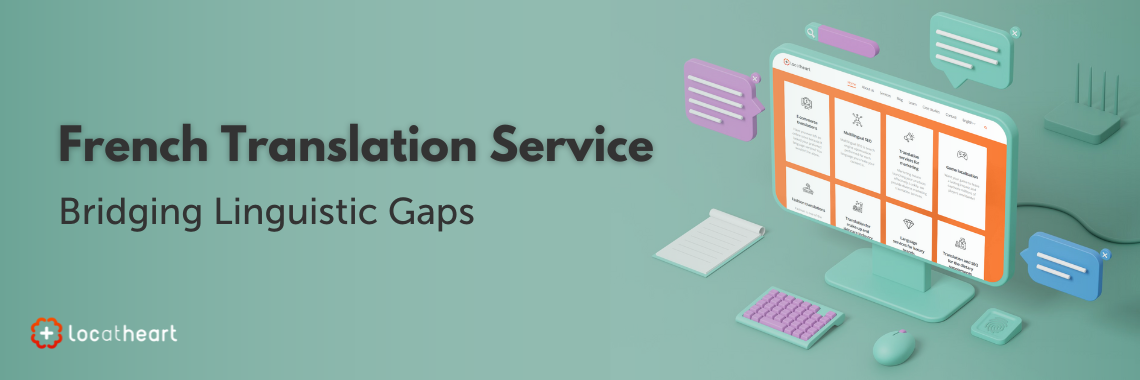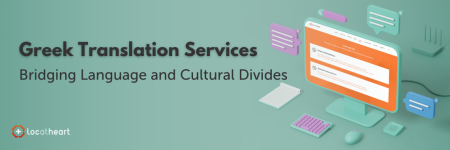French Translation Service: Bridging Linguistic Gaps
The demand for French translation service has seen a significant upsurge in recent years, reflecting the global nature of business, travel, and communication. French, being one of the most spoken languages worldwide, plays a pivotal role in various sectors including international diplomacy, trade, and cultural exchange. As such, English–to–French translation service and French–to–English translation service stand as essential bridges in facilitating understanding and cooperation across linguistic barriers.
Importance of Quality Translation
In the realm of translation, accuracy and cultural sensitivity are paramount. A high-quality translation does more than merely convert words from one language to another; it captures the essence, nuances, and intent of the original text. This is particularly crucial in legal documents, technical manuals, and marketing materials, where precision is crucial.
Agencies providing professional French translation services employ native speakers and linguistically proficient translators to ensure that every subtlety and cultural reference is accurately conveyed, preserving the integrity of the original message.
Ensuring Accuracy and Cultural Relevance
The intricacies of language demand a deep understanding of grammar, vocabulary, and context. This is where professional translation agencies excel, providing expertise in various fields such as legal, medical, technical, and business sectors. By leveraging the skills of specialised translators, companies providing English–to–French translation services guarantee that documents are not only linguistically accurate but also culturally appropriate, adhering to the cultural norms and expectations of the target audience.
Overcoming Linguistic Challenges
Language is dynamic, and effective translation involves staying abreast of evolving terminologies and linguistic trends. Agencies providing French–English translation services address these challenges by continually updating their knowledge base and employing state-of-the-art translation tools. These advancements in technology complement the human translator’s skills, enhancing efficiency and accuracy.
Customisation and Localisation
In the global market, localisation goes hand in hand with translation. Agencies providing French–English translation services not only adapt content linguistically, but also ensure that it resonates with the cultural and social norms of the target audience. This process of localisation is critical for businesses seeking to expand their reach, as it significantly increases the relevance and appeal of their products or services to foreign markets.
Conclusion
In today’s interconnected world, French translation services play a crucial role in facilitating communication, fostering international relations, and aiding businesses in reaching a wider audience. The combination of linguistic expertise, cultural knowledge, and technological support ensures that agencies providing translation services can meet the diverse needs of their clients, bridging the gap between languages with precision and sensitivity. As the world grows smaller, the importance of quality translation services in overcoming language barriers and promoting global understanding cannot be overstated.






Leave a Reply